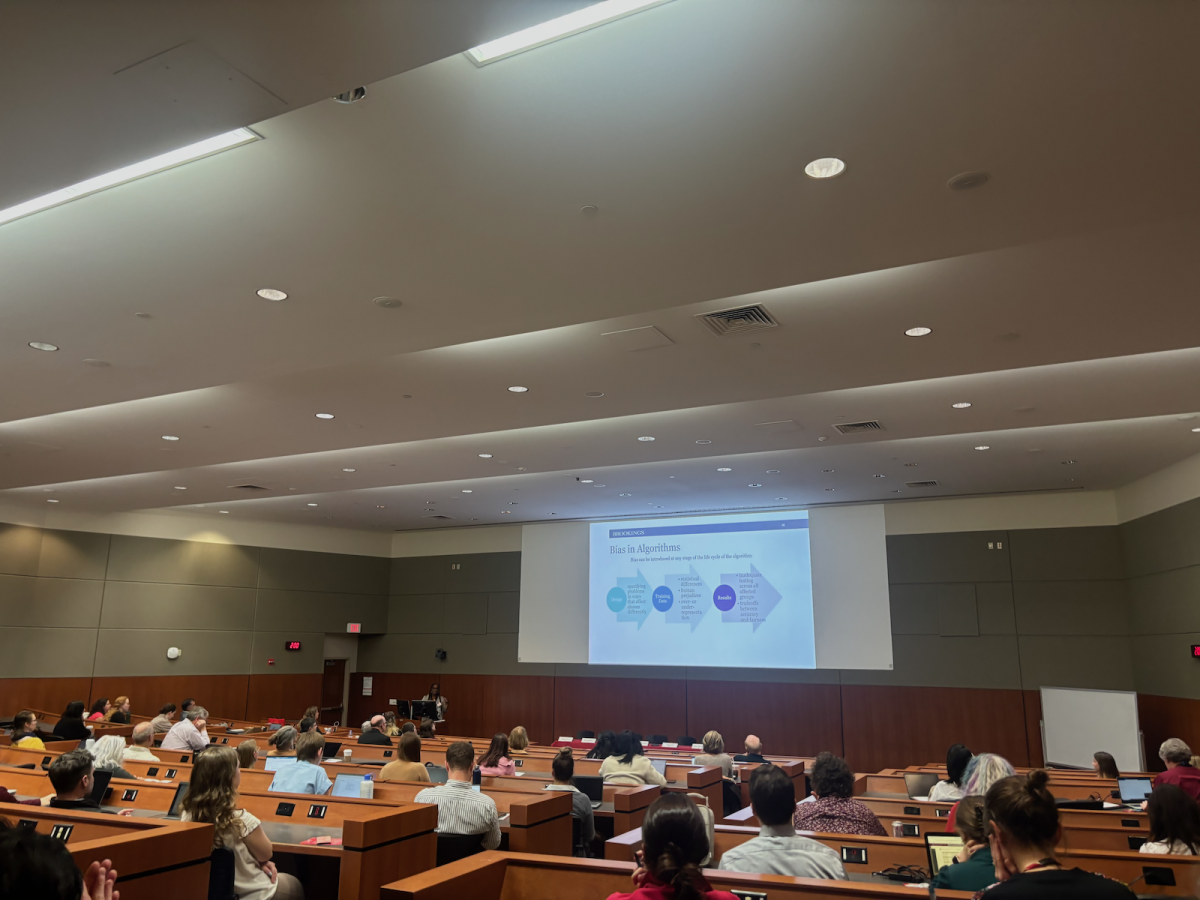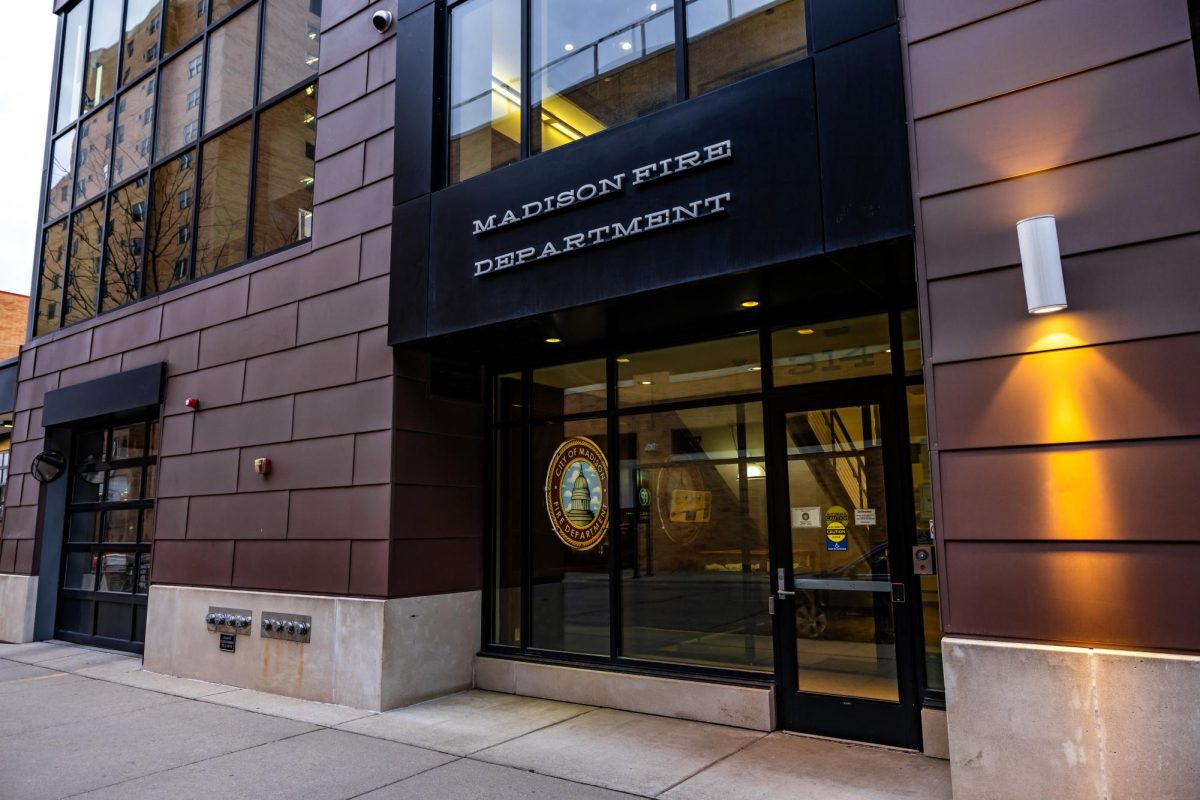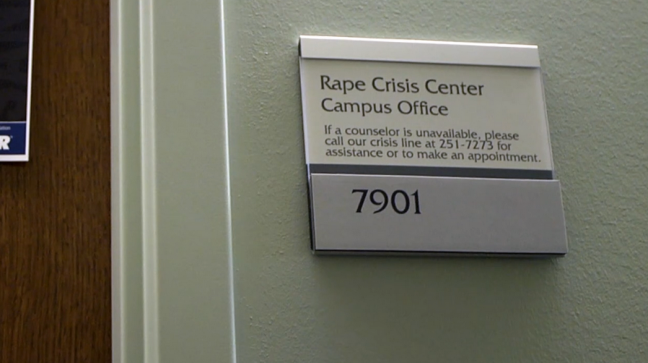In an effort to address the “digital divide” in Madison, city officials have allocated $150,000 in the 2014 budget to bridge the socio-economic gap between those who have easy access to Internet and computers and those who do not.
According to city Chief Information Officer Paul Kronberger, the lack of Internet access in low income Madison neighborhoods is a growing concern.
Kronberger said although some cities provide low cost Internet access through school districts’ reduced-cost lunches programs, Madison does not offer any such program.
According to Ald. Scott Resnick, District 8, the digital divide could harm the educational futures of Madison students.
Resnick said it is no longer acceptable for students to only have Internet access at school or the library. For students in lower income families, in-home Internet is required to be able to compete with their peers, Resnick said.
“When you look at the digital divide and you look at Madison households, we focus quite a bit of our conversation on the achievement gap and looking at resources necessary for students to achieve and eventually gain college acceptance,” he said.
According to a City of Madison statement, the lack of in-home Internet access threatens to widen the achievement gap and leave students unprepared to enter the workforce after graduation.
Kronberger said he is currently working with the mayor’s office and City Council to launch a pilot project to provide a low income neighborhood with Internet access.
Resnick added multiple neighborhoods have expressed interest in the program.
“Already I’ve received email communications from leaders from three different neighborhoods that they are very interested,” he said. “Whenever you’re talking about a program like this that is targeting low income [neighborhoods], any neighborhood that applies can make a strong case.”
Kronberger said the details of the project have not yet been discussed. Practicality is important, he said, also citing the significance of infrastructure, area and cost. He said planning the pilot program is a learning experience for the city.
“Let us try something somewhere, see how we can get it to work, see what we learn from it and then see how we can best expand it from that point,” Kronberger said.
Resnick also said he remains hopeful about the project. He said the city will try a single pilot program beginning in the summer. If it is successful, he said he hopes the program will expand.
Resnick said he believes the program could be instrumental to leveling the playing field among students.
“That’s the bigger point here that there are students in Dane county, somewhere in between 15 and 40 thousand, that do not have Internet,” he said. “This is school-aged children…we don’t have the exact numbers but what we do know is that there are students in neighborhoods who clearly don’t have access and we can see it.”
Cogan Schneier contributed reporting to this article.














